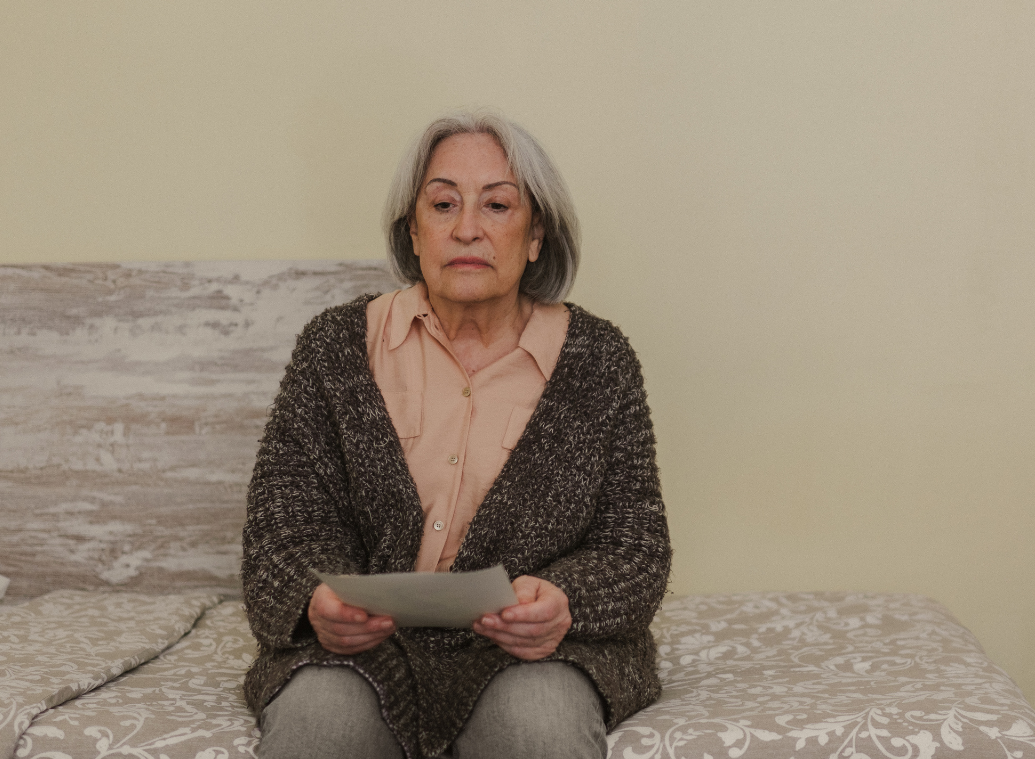Japan human trial tests iPS cell treatment for Parkinson's
Published 31 Jul 2018

Tokyo, July 30, 2018 (AFP) - Japanese researchers on Monday announced the first human trial using a kind of stem cell to treat Parkinson's disease, building on earlier animal trials.
The research team at Kyoto University plans to inject five million induced Pluripotent Stem (iPS) cells -- which have the potential to develop into any cell in the body -- into patient brains, the university said in a press release.
The iPS cells from healthy donors will be developed into dopamine-producing brain cells, which are no longer present in people with Parkinson's disease.
Parkinson's disease is a chronic, degenerative neurological disorder that affects the body's motor system, often causing shaking and other difficulties in movement. Worldwide, about 10 million people have the illness, according to the Parkinson's Disease Foundation.
Currently available therapies "improve symptoms without slowing or halting the disease progression," the foundation says. But the new research aims to actively reverse the disease.
The clinical test with seven participants aged between 50 and 69 will begin on Wednesday. The university will monitor the conditions of the patients for two years after the operation.
The human trial comes after an earlier trial involving monkeys.
Researchers announced last year that primates with Parkinson's symptoms regained significant mobility after iPS cells were inserted into their brains.
They also confirmed that the iPS cells had not transformed into tumors during the two years after the implant.
iPS cells are created by stimulating mature, already specialised, cells back into a juvenile state -- basically cloning without the need for an embryo.
These can be derived from the patient, making them less likely to be rejected, while also sidestepping ethical qualms about taking cells from embryos.
The cells can be transformed into a range of different types of cells, and their use is a key sector of medical research.
In 2014, Riken, a Japanese government-backed research institution, carried out the world's first surgery to implant iPS cells to treat a patient with age-related macular degeneration (AMD), a common medical condition that can lead to blindness in older people.
Osaka University is also planning a clinical test to treat heart failure by using a heart muscle cell sheet created from iPS cells.
In the US, scientists from Duke University said in January they had managed for the first time to grow functioning human muscle from iPS cells in the lab.
AFP (Agence France Presse)

 Facebook
Facebook Twitter
Twitter


